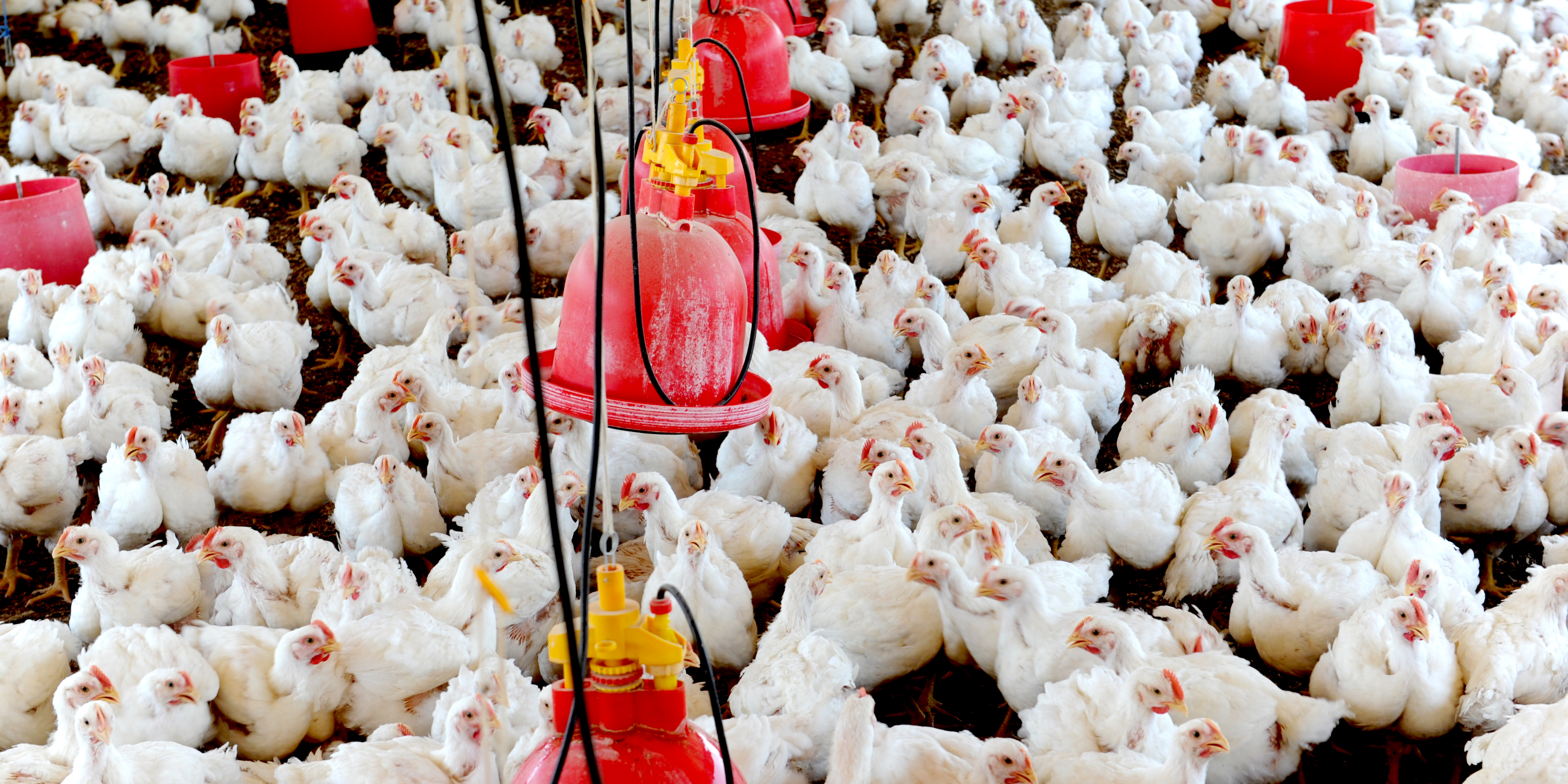A George farmer who was forced to cull more than 387,000 chickens and destroy 5.39 million eggs worth about R32-million due to a bird flu outbreak has won his battle for compensation from the Ministry of Agriculture and Rural Development.
It’s the first time a poultry producer has won a case related to highly pathogenic avian influenza (HPAI) culling, but not the first court application. Daily Maverick understands that at least five other cases have been brought to court. The George matter is likely to be precedent-setting.
Brought by George Moerasrivier Boerdery against the Director of Animal Health and the agriculture ministry, the case was heard in the Eastern Circuit Local Division, Thembalethu, sitting at the Western Cape High Court.
The applicant, which trades as Outeniqua Eggs — a leading egg producer that sells to large retailers in the Western Cape — had a flourishing poultry business in the George area until an HPAI outbreak on two of its farms.
On 26 May 2021, HPAI was confirmed on the Onderplaas farm, which was quarantined by the state veterinarian the following day in line with government avian flu protocols. All 195,648 chickens on site, along with all poultry products (including 3,199,536 eggs), manure and feed were destroyed.
On 8 June 2021, HPAI was also detected at the Moerasrivier farm. In this case, 181,704 hens, 10,000 free-range chickens, 2,186,796 eggs, manure and feed were destroyed.
In total, the farmer lost R31,892,847.63, based on his assessment of the market value of the poultry and products he was forced to destroy.
Two months later, he applied for compensation for the culling from the director of Animal Health under Section 19(1) of the Animal Diseases Act from the director on 29 August 2021, but the director rejected the claim, stating that HPAI-infected and in-contact chickens had no value.
The law defines in-contact animals as those that have been in close proximity to infected animals, even if they don’t show any signs of disease themselves. During HPAI outbreaks, in-contact birds are culled as a precautionary measure to prevent them from becoming carriers and further spreading the disease, unless specifically exempted by the director of animal health.
Aggrieved
The farmer lodged an objection with the minister, who later ordered the director to consult with the claimant and settle at an acceptable compensation value.
In the end, the director maintained – based on her statutory interpretation – that compensation for culled animals should reflect their disease status at the time of destruction and that HPAI-infected or affected poultry and products were commercially worthless.
The farmer took the matter to court on 19 April 2023. The matter was heard on 14 May 2024 and judgment was delivered on 21 June.
In her ruling, Judge Judy Cloete found that “applicable compensation” should be based on a fair market value of the animal or thing in a healthy state, citing a 2008 Supreme Court of Appeal ruling (Minister of Agriculture and Another v Bluelilliesbush Dairy Farming and Another), saying that this should be the yardstick for the director, who cannot deny compensation claims based on her own subjective criteria.
The judge has ruled that the claim for compensation must be reconsidered and that the director must attach a value based on the animals’ healthy state to ensure a fair assessment of the applicant’s losses based on their market value.
The South African Poultry Association (Sapa), which has railed against the lack of compensation for cullings that have cost the sector billions of rands and have crippled farmers, has welcomed the judgment.
Izaak Breitenbach, the general manager of Sapa, explains that the act requires farmers to cull all sick and in-contact birds within a 3km radius. Its interpretation of the law is that the government must reimburse.
“We had more than 100 farms affected by HPAI. If you add up the value of the birds plus the potential egg production, feet, etc, the amount for the industry is R9.5-billion. Culling has a massive financial implication for the producer.”
He says they believe the ruling to be correct because it supports Sapa’s view that the birds have a fair value.
Martins & De Lange Attorneys, which represented the chicken producer, said it was happy with the judgment, describing it as good for the industry.
It’s not yet known whether there will be an appeal against the judgment. Daily Maverick will add comment from the Ministry of Agriculture and Rural Development when it is released. DM





